7 Noun Worksheets to Teach Persons, Places or Things
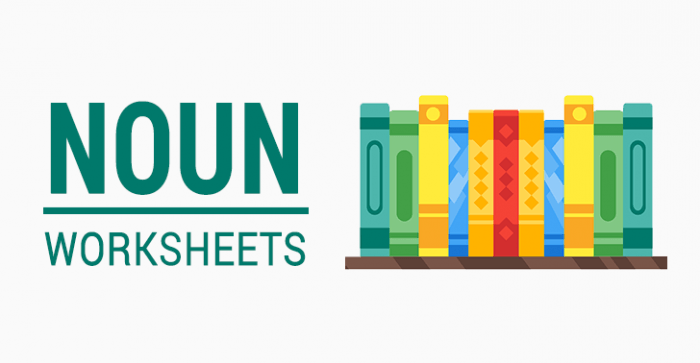
7 Noun Worksheets with Answers
These 7 noun worksheets will help you teach your students everything about nouns. So take a moment to download these free noun worksheets for your ESL, elementary, or middle school students.
1. Countables vs Uncountables Worksheet
This worksheet helps students master plural nouns. Students learn to form plurals and distinguish between countable and uncountable nouns.
They practice adding ‘-s’ or ‘-es’ to regular nouns, and identify uncountable nouns like “rice” that don’t have plural forms.
By working through various examples, students improve their ability to use nouns correctly in English sentences.
2. Common and Proper Nouns Worksheet
This worksheet sharpens students’ understanding of common and proper nouns. Students brainstorm proper nouns for given common nouns.
For example, “mountain” (common) becomes “Mount Everest” (proper). This expands vocabulary as students think of real-world examples.
They learn that common nouns are general (like “city”) while proper nouns name specific things (like “New York”) and always start with a capital letter.
3. Singular and Plural Nouns Worksheet
This worksheet focuses on regular plural noun formation. Students convert singular nouns to their plural forms.
For instance, “balloon” becomes “balloons” – a straightforward addition of “-s”. This exercise reinforces the basic rule for forming plurals in English.
Instead of our more challenging irregular nouns worksheet, these are regular plural nouns where they end with “-s” or “-es”. It’s perfect for laying the groundwork in English.
4. Collective Nouns Worksheet
Students fill in blanks with appropriate collective nouns from a provided list, using each word only once. For example, they might match “flock” with “birds” or “herd” with “cattle”.
The activity teaches that collective nouns describe groups of things, like “swarm” for bees or “pack” for wolves.
While the worksheet focuses on specific collective nouns, it also reassures students that in everyday English, using “group of” is often acceptable.
5. Compound Nouns in Pictures
Students examine pictures representing compound words, like “popcorn” or “bookmark”. After they think of the word, they write it below each image.
After completing the given examples, students get creative by drawing their own compound word for classmates to guess.
I’ve found this as a fun, interactive way to expand vocabulary. Students can understand how English creates new words by combining existing ones.
6. Irregular Plural Nouns Worksheet
Unlike regular plurals that simply add “-s” or “-es”, irregular plurals require unique changes. For instance, “man” becomes “men”, changing the vowel.
Students practice converting singular nouns to their irregular plural forms. These might involve vowel changes (“foot” to “feet”), entirely different words (“person” to “people”), or unique endings (“child” to “children”).
The activity ranges from simple to complex examples. It’s good practice for mastering one of English’s trickier aspects.
7. Possessive Nouns Worksheet
Students practice forming possessives using three key rules:
- For singular nouns, add -‘s (e.g., “boy” becomes “boy’s”)
- For plural nouns not ending in -s, add -‘s (e.g., “children” becomes “children’s”)
- For plural nouns already ending in -s, just add ‘ (e.g., “dogs” becomes “dogs'”)
By working through different noun types, students improve their ability to use possessives correctly. This is good for both writing and speech.
Noun Worksheets for Early Grades and Middle School
There you have it. 7 free noun worksheets to help you get on the right track for teaching people, places, and things.
Countable, uncountable, common, proper, singular, plural, collective, compound, irregular, and possessive types of nouns.
Like all our lesson plans, these are all free to use in your classroom today.
And if you want us to cover any other topics, please let us know with a comment below.

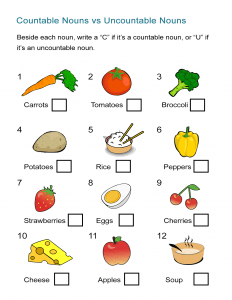
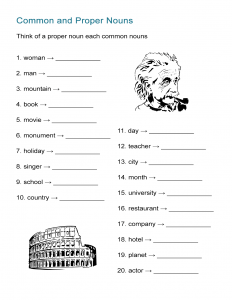
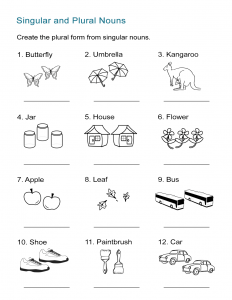
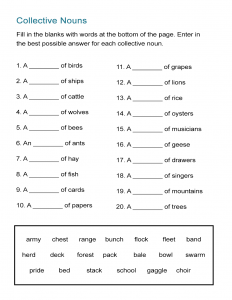
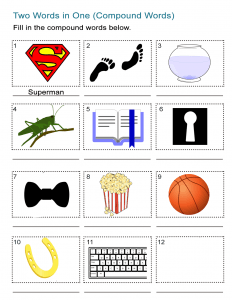
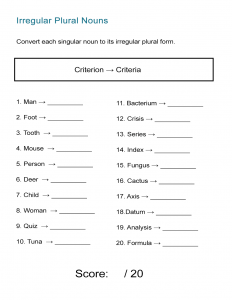
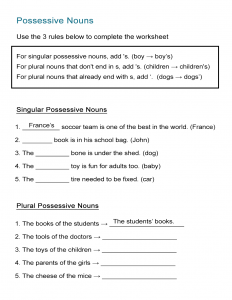
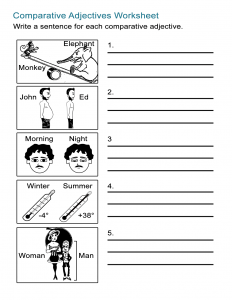
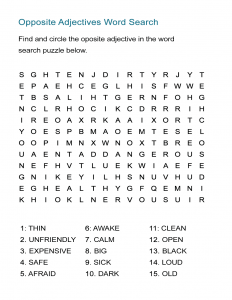
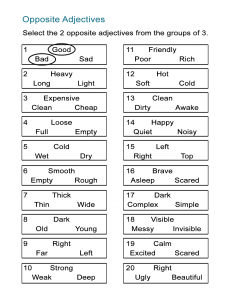
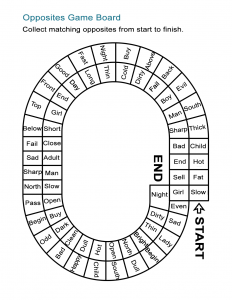
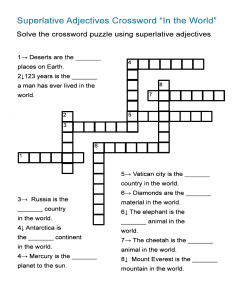
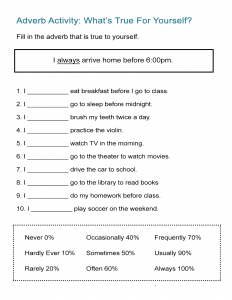
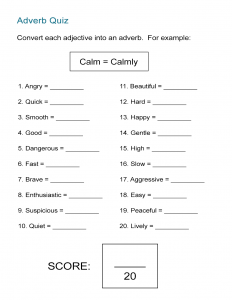
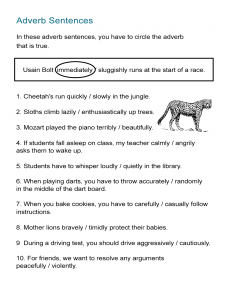
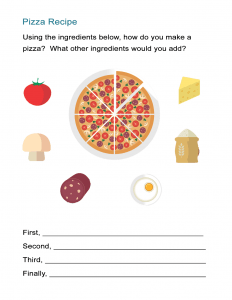
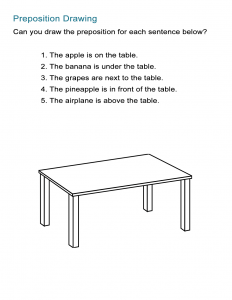
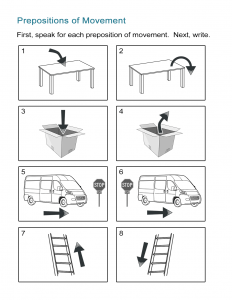
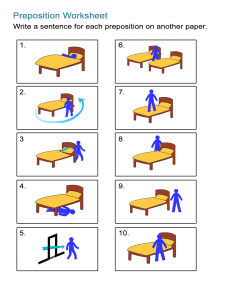
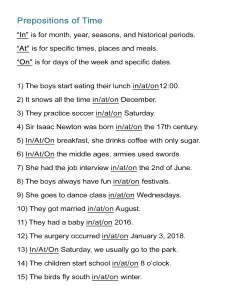
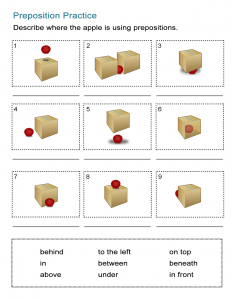
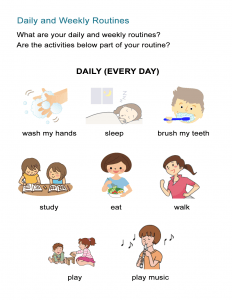
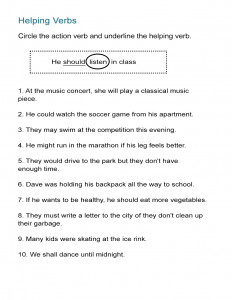
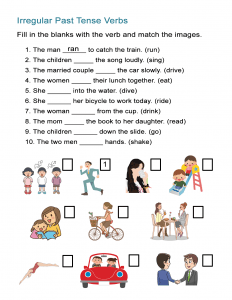
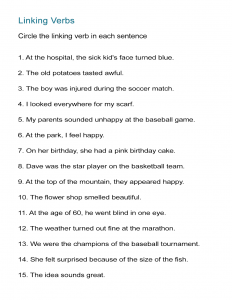
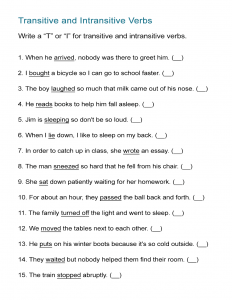
Great work, thanks
Very helpful. Thank you
great work.
Nice work!
Thank you so very much!